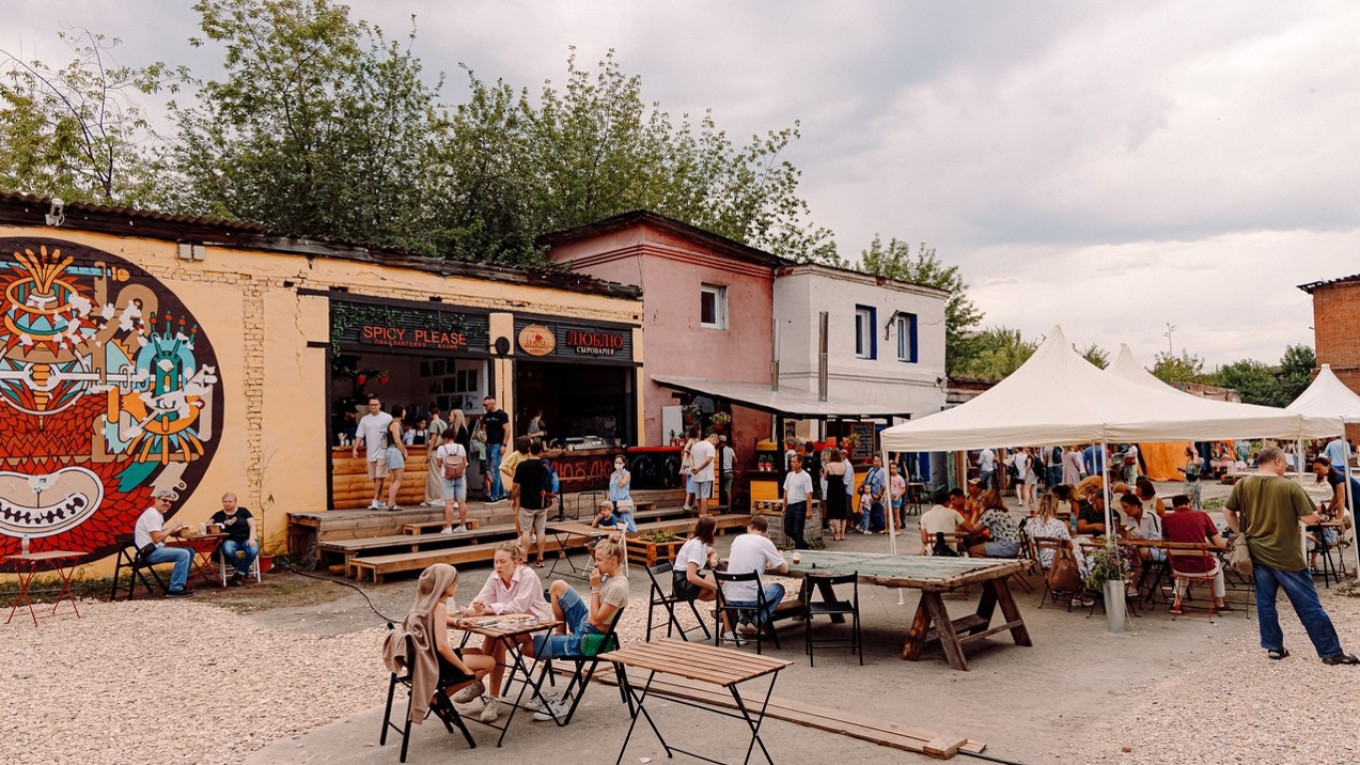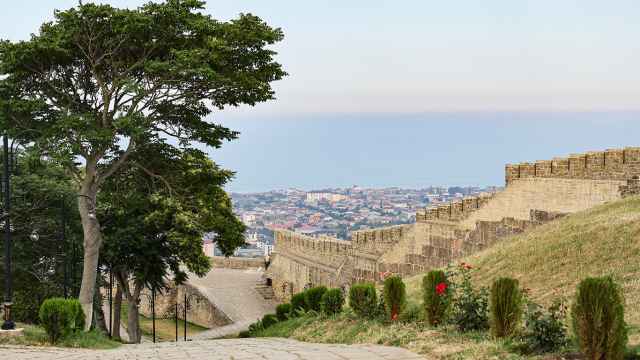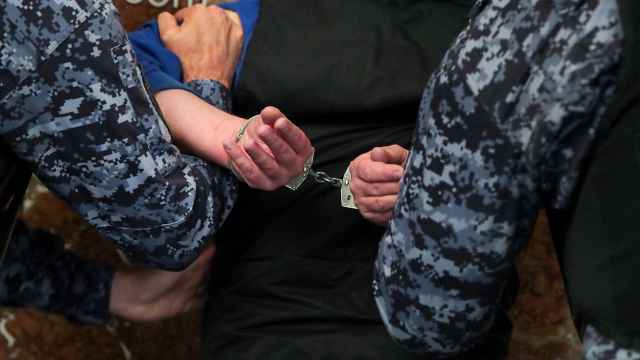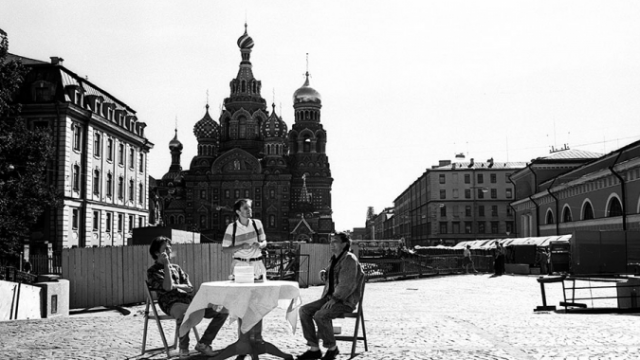In 2021, the Russian Agency for Strategic Initiatives launched a program to turn old industrial zones and abandoned buildings into “creative clusters” — venues for a wide variety of cultural activities. There are plans to create 30 clusters in 10 regions by the end of the year. The program began after Vladimir Putin said how much he liked the “Summer at the Factory” project in Sysert, Sverdlovsk region.
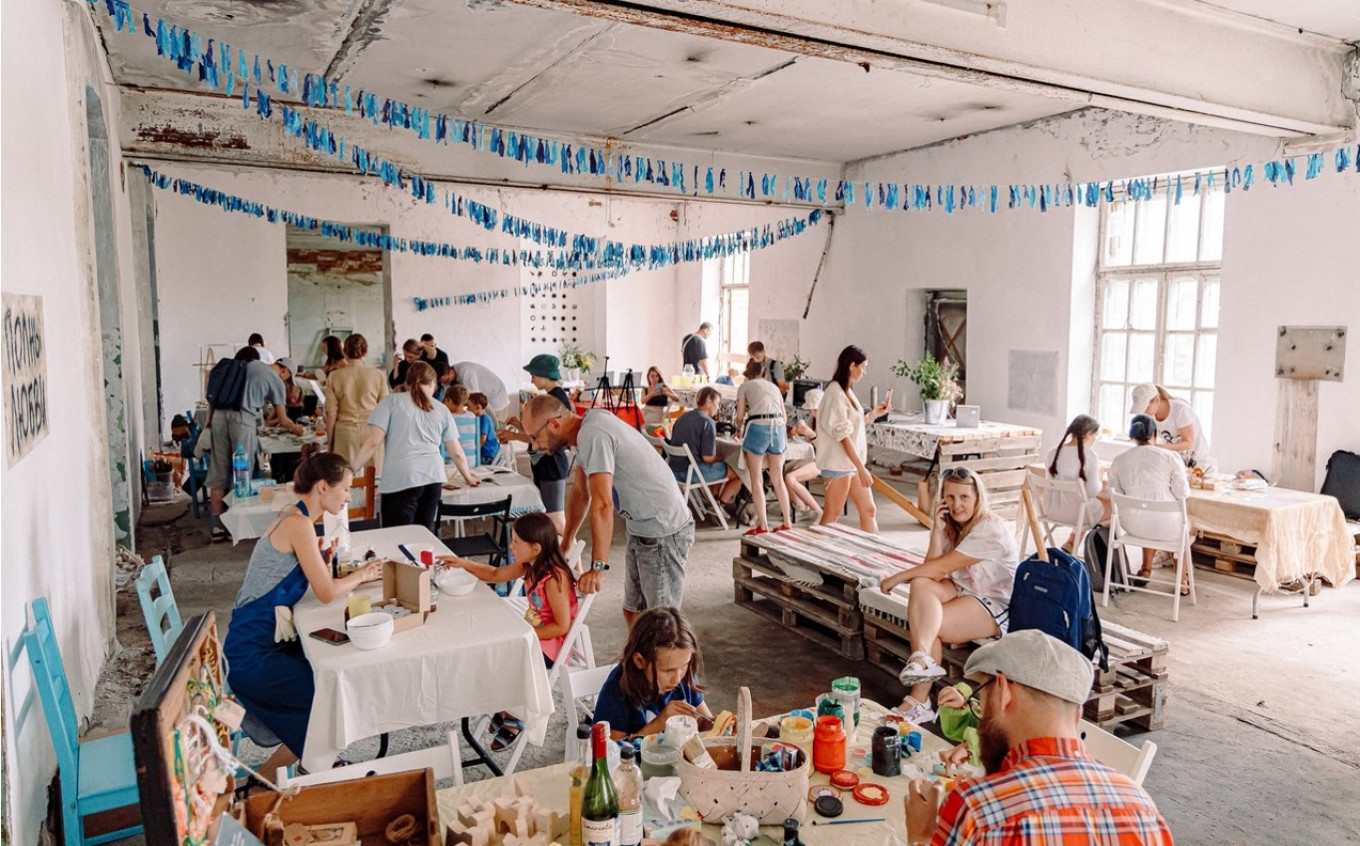
Summer at the factory
Sysert is a small town that is 40 km from Yekaterinburg (the Urals). It grew around the Turchaninov-Solomirsky iron-making factory, built in 1732. Until the middle of the 19th century, the enterprise was one of the most advanced in the world, but with the collapse of the U.S.S.R., it fell into decay.
“It is difficult to ignore factories when you are working on the development of Ural cities,” says Ilya Orlov-Bunin, creative director of the “Summer at the Factory” seasonal creative cluster. Thanks to the Sysert Development Agency and support from the Presidential Grants Fund, work began to open a creative cluster on the territory of the factory.
In the spring of 2020, the factory was cleaned of piles of garbage. Then volunteers helped to build a summer stage, a food court and a lecture hall. Toilets, a lawn, and tents for volunteers appeared. During the first season of “Summer at the Factory,” the site was visited by more than 20,000 people.
Now, with support from the Presidential Grants Fund, the project is holding its second season, which will run until the end of September. This year the program includes master classes, lectures, coworking, excursions, exhibitions, plein-air events, concerts, and much more.
On Aug. 29 the old factory will become a stage for the play “Hot Heart,” also support by a presidential grant. “The architecture and atmosphere of the factory building inspired me to bring to life a fairy tale by Wilhelm Hauff called ‘Heart of Stone,’” Tatiana Panaioti, project manager, told the Moscow Times. “Even now, the factory can be a unique set or even a character in a play. In our promenade performance, we wanted to travel back to the late Middle Ages and invite magical creatures from the Black Forest.”
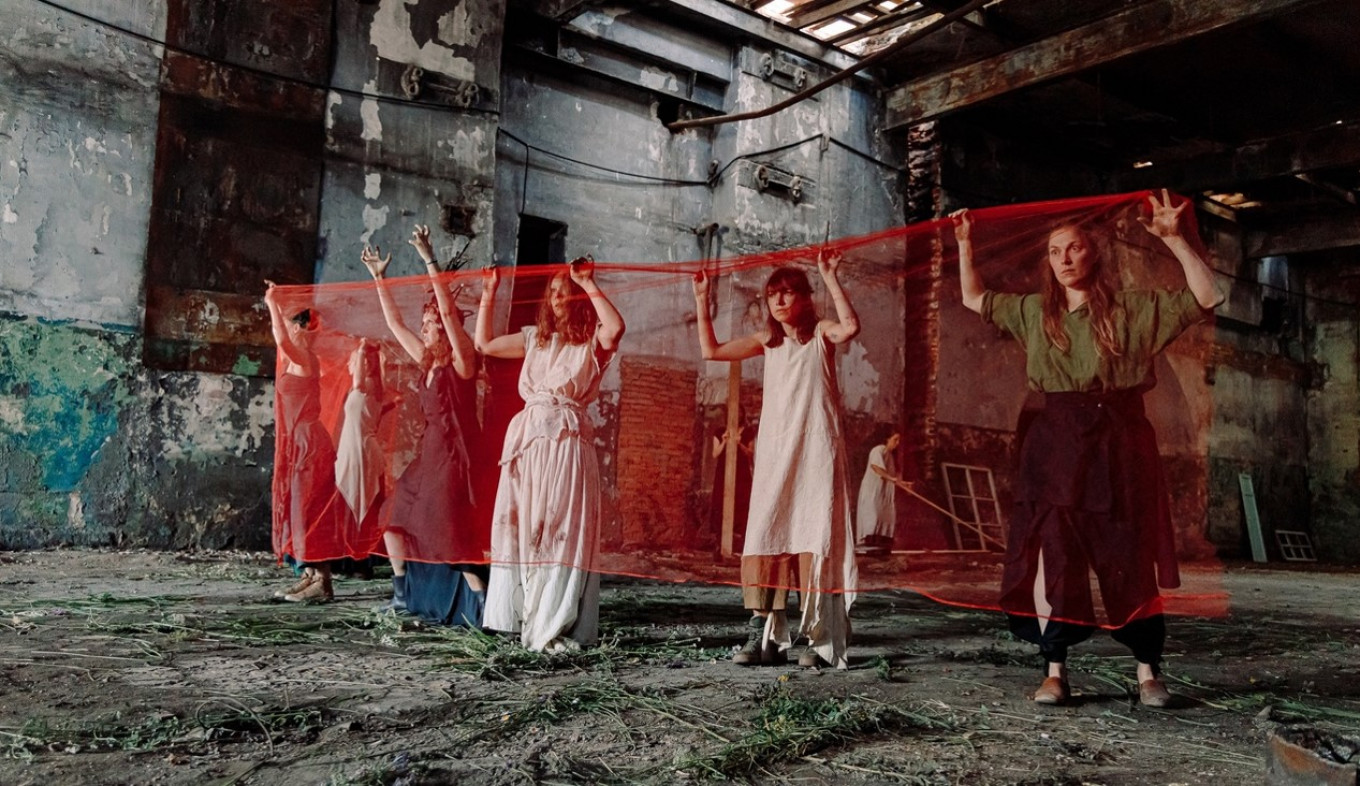
The performance will use large puppets and mechanical objects to create a shadow theater, and even revive part of the factory itself. The audience will move through the site following the performance and even help manage the characters.
It will premiere for an audience of 50 and be put on again next September.
“We don’t want this place to be just a concert venue or tourist attraction, but primarily a place of creativity. So we’re trying to see if we can live at the plant,” Ilya Orlov-Bunin said.
If residence is possible, in the future the old factory would be a place for creative entrepreneurs, architects, designers, IT specialists and other creative people who need to immerse themselves in an unusual atmosphere for their work.
Rustam Valishin came from Yekaterinburg to work on the project as a volunteer in 2020. He helped the coworking space and a stage. This year he came back with a companion to open a vegan cafe called goBakery.
“I’m vegetarian, and last year there were about 25 of us, which turned out to be a big problem. The cooks were not prepared for it, and I had to take care of the food myself,” Rustam Valishin said. The cafe will close at the end of the season until next year.
Over time “Summer at the Factory” will become “All Year at the Factory.” “It is important to rethink the historical essence of a space and create something new. For a small town, this is like a rebirth,” Ilya Orlov-Bunin said.
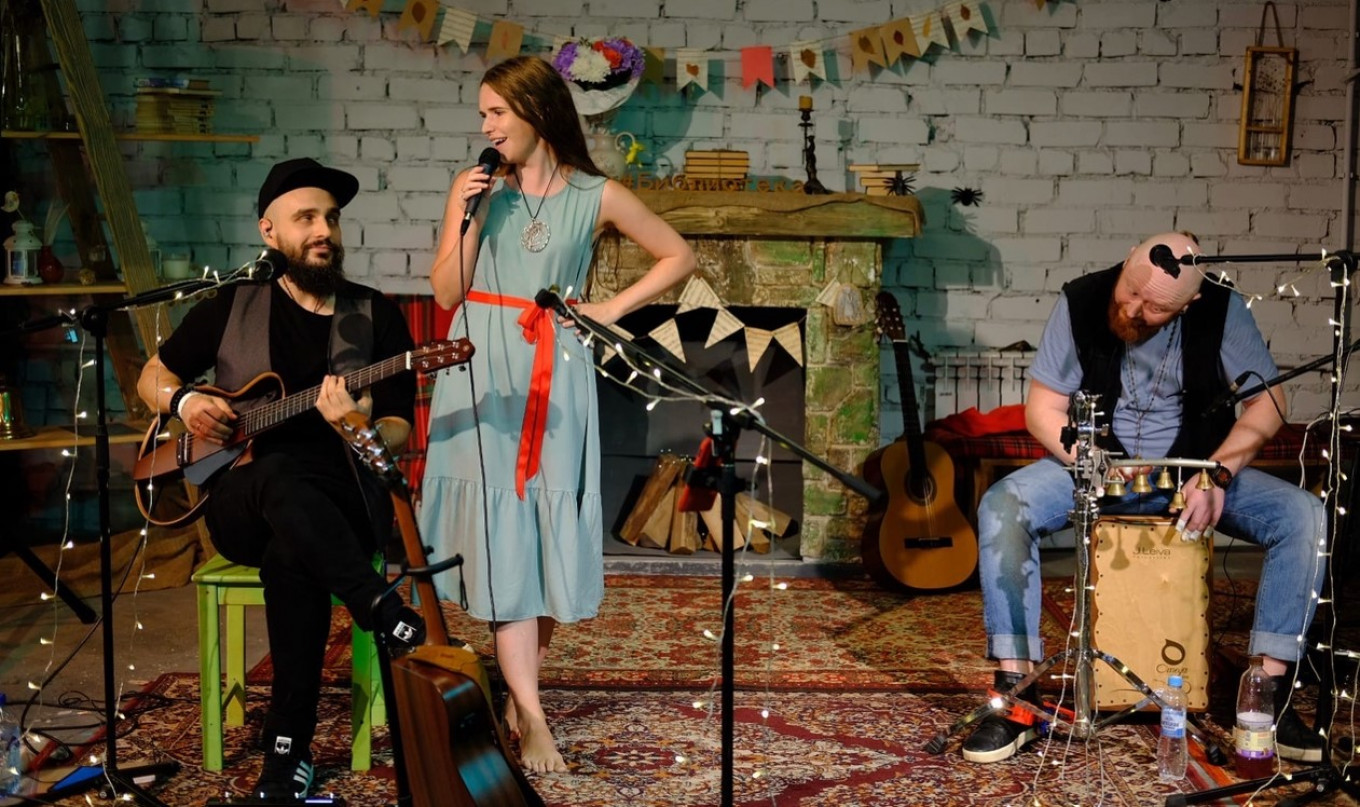
How do I get to the library?
A few years ago, Dina Kunberger, who worked in the Lipetsk Regional Scientific Library, wanted to open her own space that would allow for activities the library couldn’t host. In 2019, Dina and her husband Anatoly decided to make their dream come true. They found premises in the building of a former repair shop that used to be occupied by a dry cleaner. It was perfect for their needs: in the center of Lipetsk, an area of 200 square meters, and high ceilings. Neither the lack of wiring and water, nor the construction debris inside, put them off. The couple decided to rent it. And so the Library cultural space had its start.
“I wrote about it in social media and invited everybody to help us. To my surprise, a lot of people showed up,” Dina Kunberger said. Some helped physically, some helped with materials, and even some companies got involved.
Oleg Buyev was one of the volunteers. He saw the post on VKontakte (the Russian counterpart to Facebook) and thought that he could help doing work like clearing out the trash and washing the floors. After the hard work of many people like Buyev, the first event was held on Nov. 30, 2019.
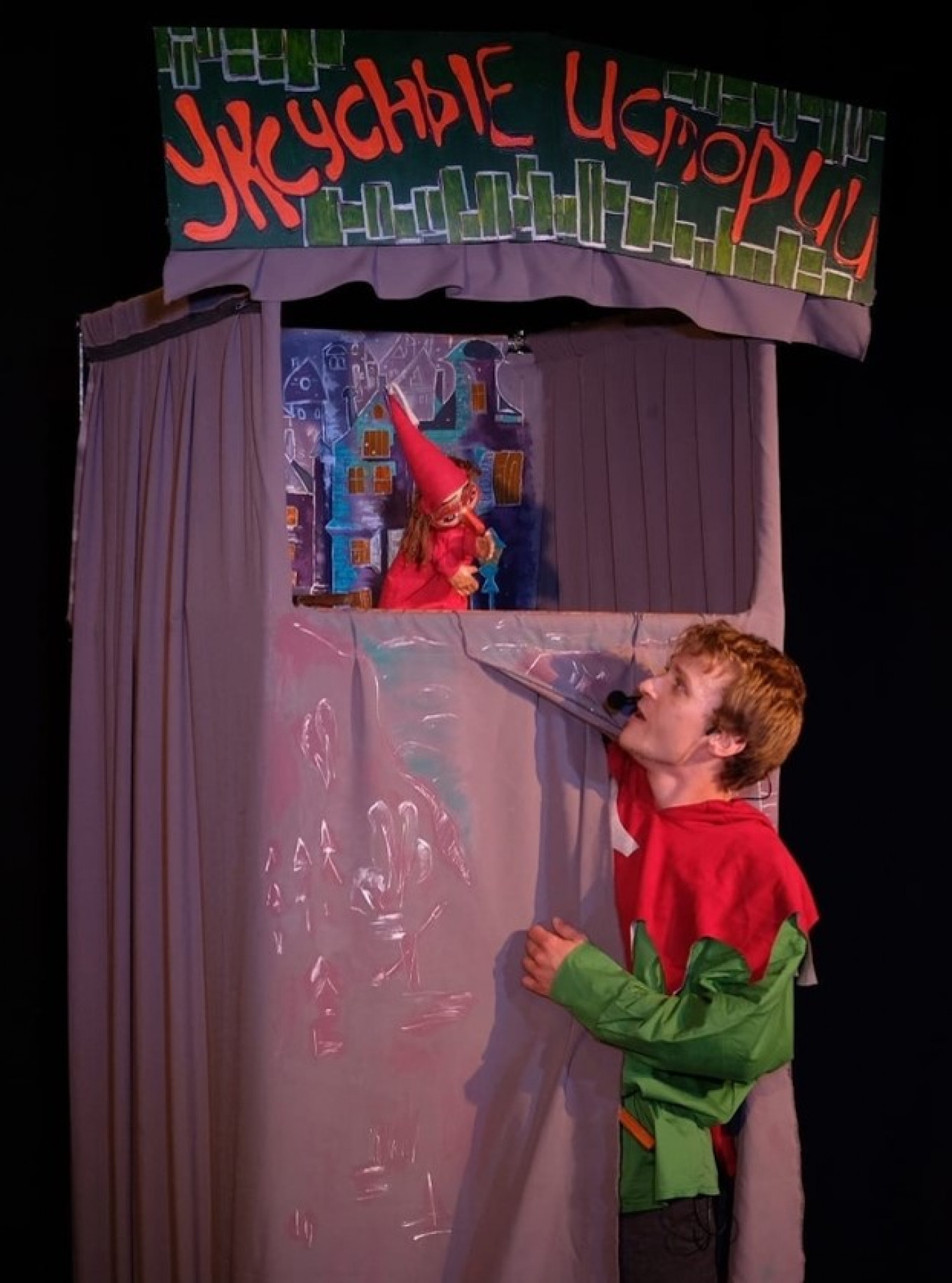
For a long time, Oleg Buyev attended the club three to four times a week, but now his work schedule has changed and he can’t attend as often. But he still goes to English classes with his daughter.
The project has support from loyal visitors on a crowdfunding platform, but the Kunberger and her husband have provided the bulk of funding.
It’s called “The Library” because, as Kunberger explained, “Just as there are millions of books in libraries, we want to be a small space where the big stories of different people and projects are stored.” It hosts master classes, concerts, yoga classes, lectures, book club meetings, discussions, and other events. Wednesday is a coworking day. They have plans to make this a place for other creative activities, too.
“The Library has changed my life,” Anastasia Kuznetsova said. “First of all, when I started to study drama here, I realized that on stage I can speak without stuttering. I became more relaxed and confident. Second, thanks to improvisation classes, I started to dance. Third, thanks to the Library I met people who like to travel and began to travel around Lipetsk and other regions with them. The Library is filled with creative energy. It’s a gathering place for friendly people who believe that life should be painted with bright colors.”
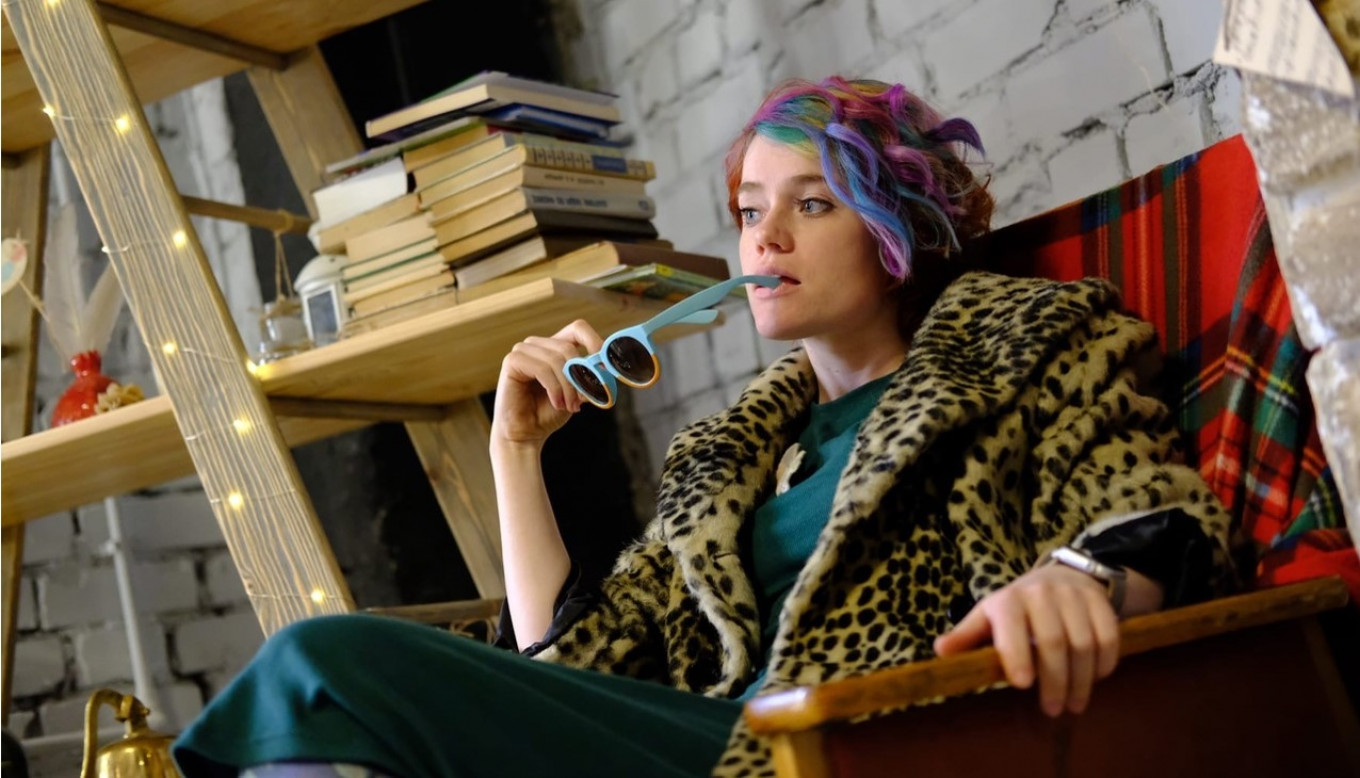
A Message from The Moscow Times:
Dear readers,
We are facing unprecedented challenges. Russia's Prosecutor General's Office has designated The Moscow Times as an "undesirable" organization, criminalizing our work and putting our staff at risk of prosecution. This follows our earlier unjust labeling as a "foreign agent."
These actions are direct attempts to silence independent journalism in Russia. The authorities claim our work "discredits the decisions of the Russian leadership." We see things differently: we strive to provide accurate, unbiased reporting on Russia.
We, the journalists of The Moscow Times, refuse to be silenced. But to continue our work, we need your help.
Your support, no matter how small, makes a world of difference. If you can, please support us monthly starting from just $2. It's quick to set up, and every contribution makes a significant impact.
By supporting The Moscow Times, you're defending open, independent journalism in the face of repression. Thank you for standing with us.
Remind me later.


